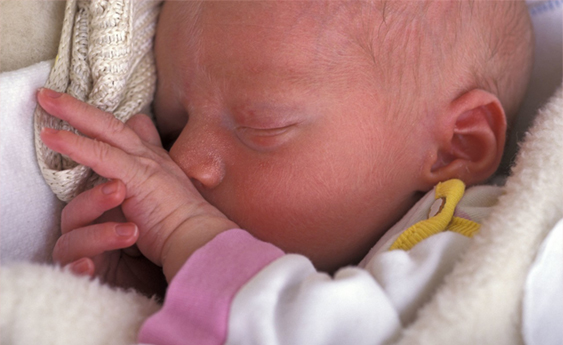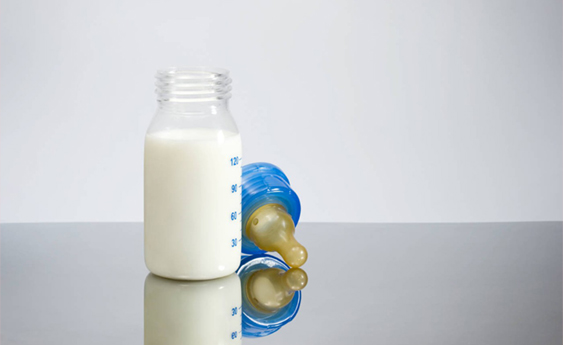
Breast Feeding is the Best Way to Control the Rotavirus Infection
The rotavirus is highly infectious, and the younger the person is, the more serious the symptoms of infection tend to be, but there is no specific medicine. So, novice parents should pay special attention to it in order to effectively prevent the threat of disease. Currently, according to a new study, there is a significant relationship between rotavirus prevention and breastfeeding, therefore, novice parents might as well start the breast feeding to make preparations to fight for the "battle" of prevention!

A Mistake in Baby Feeding Will Affect the Growth and Development of Many Aspects
Many novice mothers make a mistake in feeding their child - lack of developing chewing ability of the child, which will lead to nausea and vomiturition as soon as the child eats, and even affect the growth and development of the child in many ways.

Beware of "Overfeeding" by Feeding Your Infant as Soon as He Cries
Inexperienced in feeding their infant, many novice mothers think they are hungry and feed them immediately, whenever they cry. However, this kind of feeding, regardless of time and intake, can easily put your infant in a dangerous situation of "overfeeding".

Do You Act Properly When Baby Has Breast Milk Jaundice?
Whether breast-feeding needs to be stopped during treatment of “Breast milk jaundice” has been a difficult problem for many mothers. However, from the current clinical experience, continuing breast-feeding as much as possible is the principle of this type of jaundice.

Changes in Milk of Parturient with GDM May Help Reduce the Risks to Neonatal Development
Although the World Health Organization (WHO) encourages breastfeeding, the rate of breastfeeding among women with gestational diabetes mellitus (GDM) is declining [1]. The primary cause, of course, is the concern of mothers with GDM about the quality of their milk.

"Breast Milk Sharing" Still Needs to Be Treated with Caution
In recent years, with the benefits of breastfeeding being recognized by many people, the demand for breastfeeding has been increasing. However, since some mothers are unable to breastfeed for various reasons, in order to meet the needs of this group of people, "breast milk sharing" came into being. Although breast milk sharing allows a certain group of people who are incapable of breastfeeding to breastfeed, the safety of sharing breast milk is worthy of investigation.